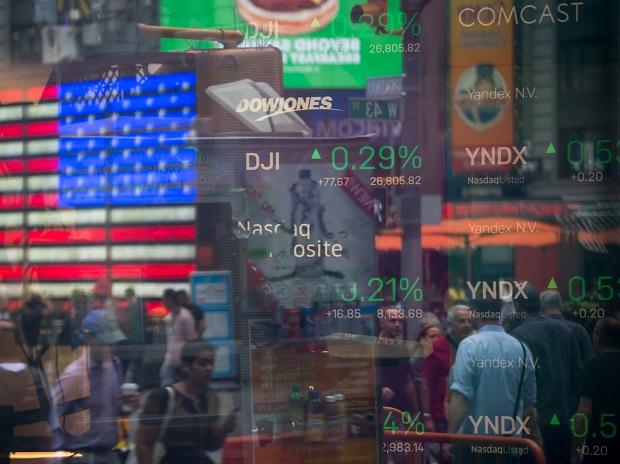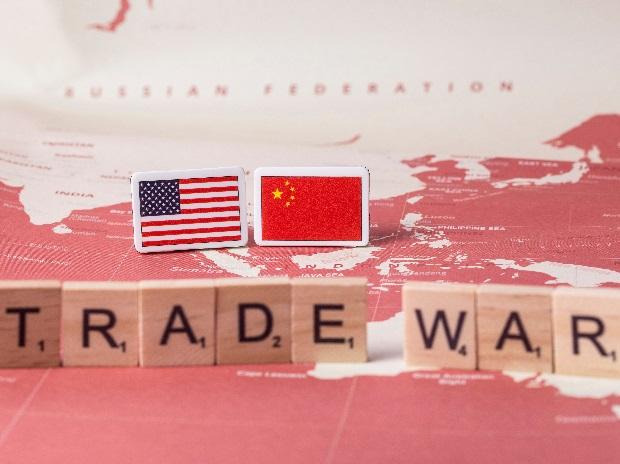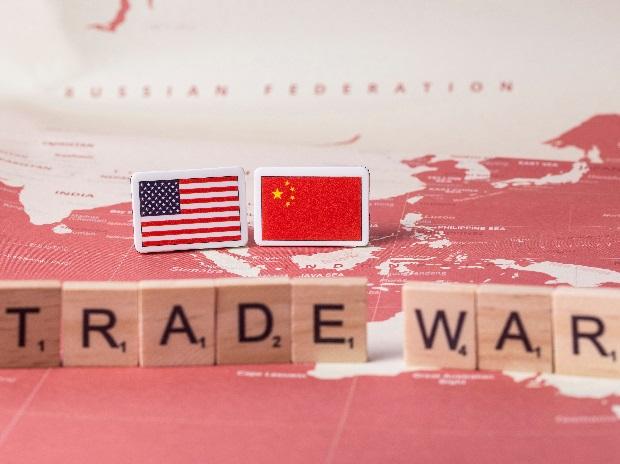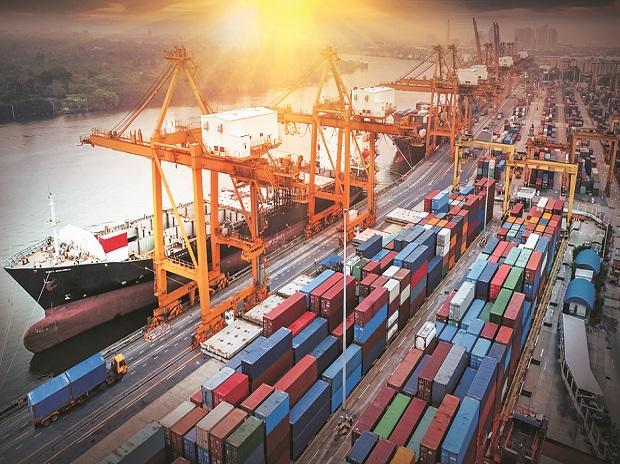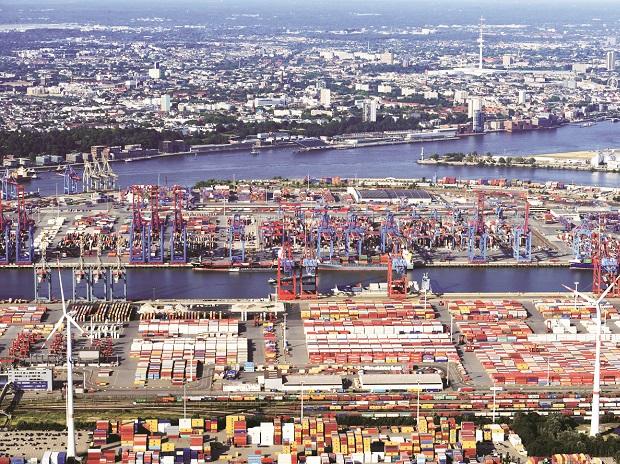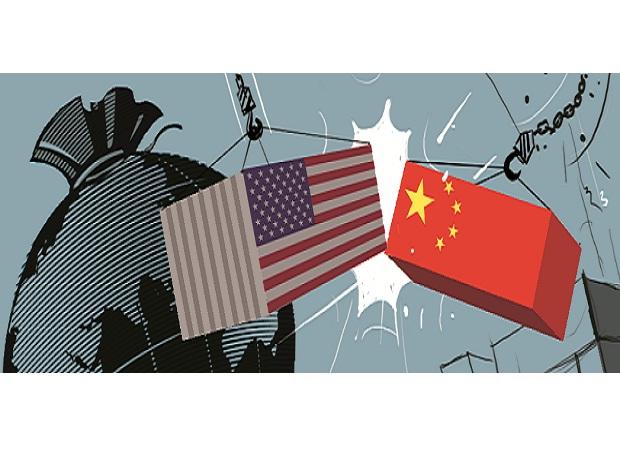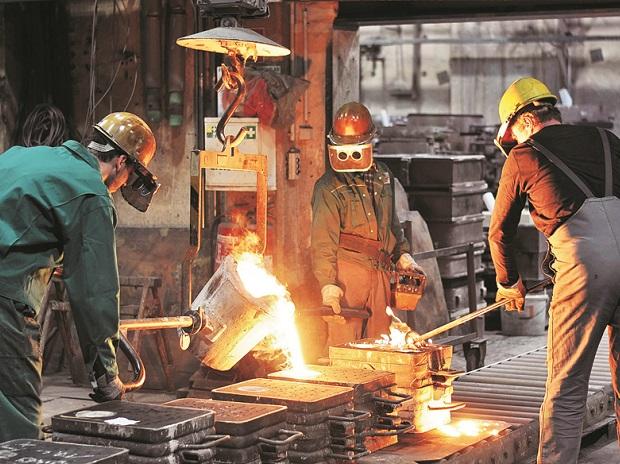
Emerging-economy central banks from India to Brazil still enjoy the firepower to shore up the global economy as their peers from developed markets take to the sidelines.
While policy makers at the Federal Reserve and European Central Bank are seemingly set to keep interest rates on hold, many of their developing nation counterparts have room to cut further. That should help support the world economy amid its weakest expansion in a decade.
“In most cases, emerging markets are now in the comfortable position to be able to cushion an economic downturn with monetary easing,” Ulrich Leuchtmann, head of currency strategy at Commerzbank AG in Frankfurt, said in a report this month. “This easing of monetary policy is likely to give a lift to EM economies, and this would also be positive for developed countries.”
Faster Growth
That outlook was underscored this week by Morgan Stanley economists, who predicted emerging markets will grow 4.4% next year, more than three times the 1.3% rate anticipated in the Group of 10 economies.
After 20 of the 32 central banks monitored by the bank eased policy in 2019, its economists forecast 13 will do so in 2020 with the cuts concentrated in emerging markets helping to reduce the global weighted average policy rate to a seven-year low by March. India, Brazil, Indonesia and Turkey can all strike if they need to.
With some hints of growth stabilization on signs that the U.S. and China are warming ties on the trade-war front, fund managers see more reasons to park their cash back in emerging markets. The International Monetary Fund also sees them as the primary drivers of the global economy while advanced economies linger in sub-3% territory.....READ MORE
